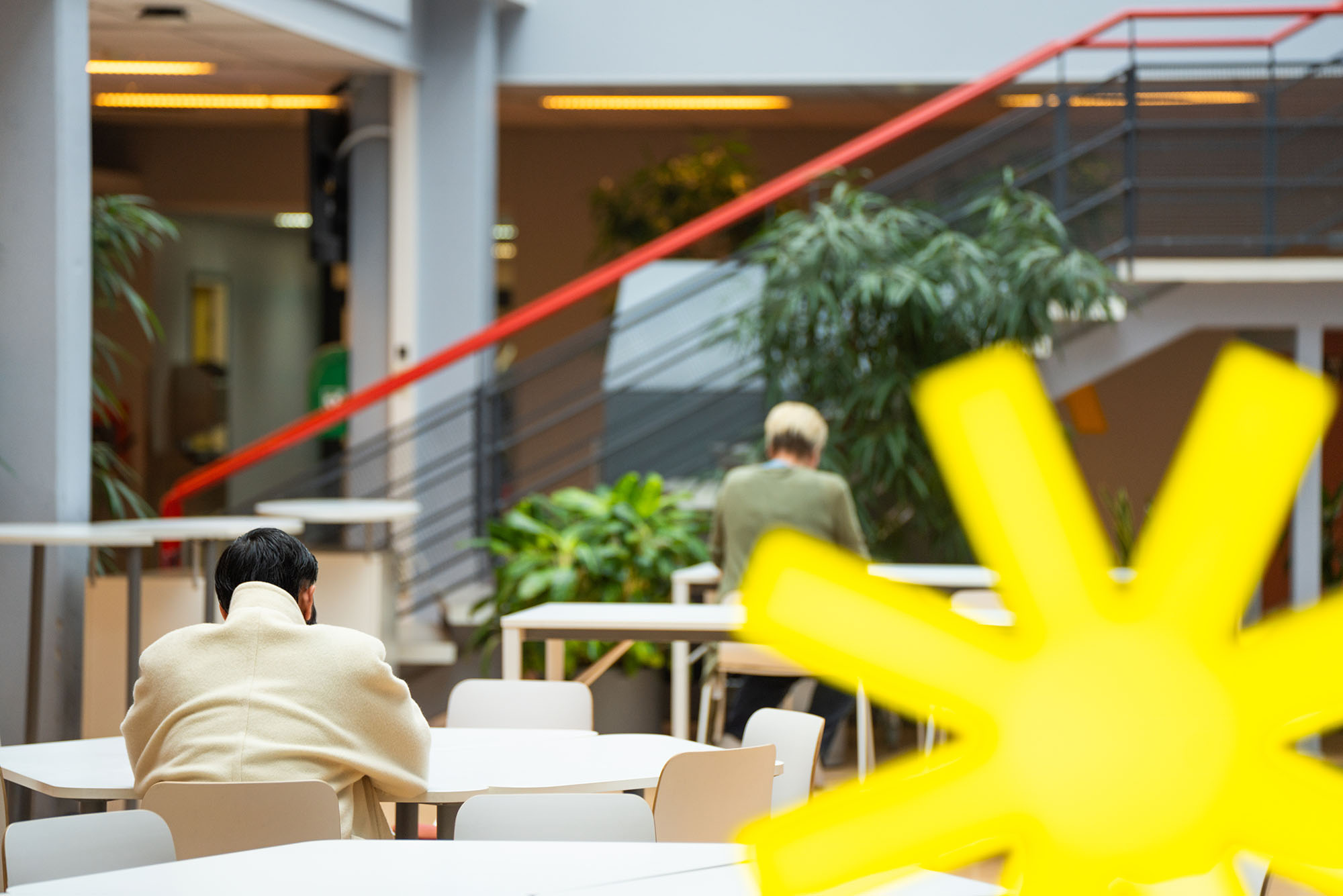Turku University of Applied Sciences was involved in the five-year CICAT2025 project (Catalysts of the Circular Economy: from innovation ecosystems to business ecosystems). The project, which ended at the end of last year, has published a set of tools to help, for example, other project actors to disseminate the results to the wider society.

Published:
Edited:
Text: by Siiri Welling
The CICAT2025 project carried out a wide-ranging study of the drivers of the circular economy, the catalysts of the circular economy. The project found that the circular economy can be boosted by a new processing technology, a business or management model, a law, an encouraging language or a compelling image, for example. The project was carried out in cooperation with the Universities of Tampere, Turku, Jyväskylä and Eastern Finland and Tampere University of Applied Sciences. Turku University of Applied Sciences was responsible for communication and interaction.
“The Circular Economy Business Models research group worked on the project with top Finnish researchers in the field. While planning and implementing the interaction work, the idea of producing information and guidance material for other projects also came up, which is why we have now made open cc-licensed materials for others to use as part of the final outcome of the project,” says Piia Nurmi , lecturer at Turku University of Applied Sciences, Circular Economy Business Group.
In research and project work, the tools save time when the process for lobbying has already been established.
In practice, the CICAT2025 website allows you to download the basis for your own interaction strategy and policy recommendations impact plan, which you can adapt to your own needs. The Interaction Strategy covers, among other things, the impact objectives, the overall core messages of the project, the stakeholders, channels and measures for interaction, and how to monitor the effectiveness of interaction. The Policy Recommendations’ Impact Plan Framework has been developed to increase social impact. It helps to outline, at an early stage of the project, what kind of impact the project and its work should have and to which policy-making processes it could be linked.
“Of course, the documents can be used for project work, but they are equally suitable for use by organisations or associations if the aim is to outline measures to achieve a particular outcome. In research and project work, the tools save time when a process guide for advocacy work has already been established. Even a busy and dedicated researcher can now participate more easily in interaction work,” says Nurmi.
In addition, the Circular Economy Business Group created a survey data collection form. It helps the researcher to outline who and how the results can be used and to summarise the main points of the research in a concise and easy-to-understand format. This makes it easier to use the results, for example in communication.
According to Nurmi, working on the CICAT2025 project was very rewarding and interesting. Finland is a pioneer in circular economy research and education, and new areas of research are constantly emerging.
“In future projects, we could potentially take on a similar role, but we have also evolved as a research team and are more willing to take on a more research-based role and produce more content,” says Nurmi.
Click here to see the final results of the project.
The research project was funded by the Strategic Research Council of the Academy of Finland.
The article was published on 24.6.2024 on the previous turkuamk.fi website.
Get to know our Research
Read next
-
CasePress Release

1000 students from Turku University of Applied Sciences develop sustainable development solutions for organisations in Turku
In a new joint project between Turku University of Applied Sciences and the City of Turku, students are solving sustainability problems in companies and other organisations. Published: Edited:…
-
Press Release

Turku UAS launches StartLab to make students’ business ideas come true
Turku University of Applied Sciences will offer mentoring for all its students to develop their own business ideas. A StartLab will be established where students can go for…
-
News

Ekovirta training provides tools for more sustainable packaging and textiles
The Ekovirta training gave professionals in the textile and packaging sector a framework for developing sustainability. Published: Edited: Text by Mari Loikkanen In the future, companies will be…
